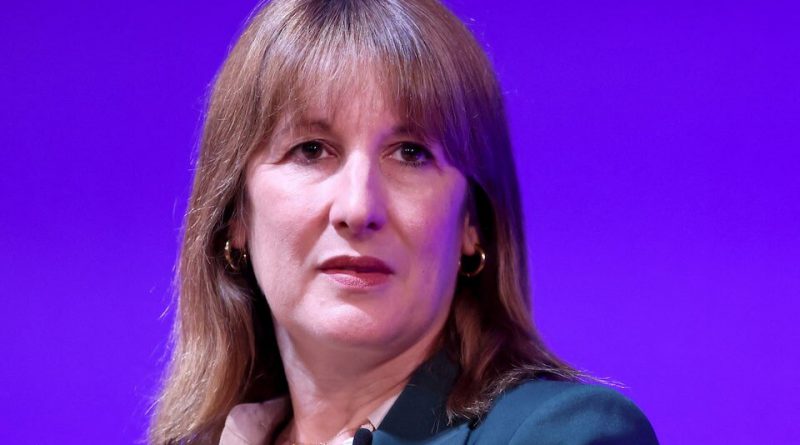UK Chancellor Reeves Eyes Larger Fiscal Buffer to Strengthen Economy
London – Britain’s Finance Minister, Chancellor of the Exchequer Rachel Reeves, is set to reinforce the country’s economic resilience by planning a larger fiscal buffer in her upcoming budget, a move aimed at strengthening government finances and supporting long-term stability.
According to reports, Reeves intends to enhance the buffer against her main fiscal rule, which targets balancing day-to-day public spending with tax revenues by 2030. This proactive step is designed to insulate the UK economy from unexpected financial shocks, including fluctuations in borrowing costs and market volatility.
During her March spring statement, Reeves announced a 9.9 billion pound fiscal buffer. However, evolving economic conditions, including higher borrowing costs and revised growth projections, have prompted the Treasury to consider expanding this margin to ensure robust fiscal management.
Experts say this demonstrates responsible and forward-looking planning, reinforcing confidence among investors, businesses, and households alike.
Strengthening Economic Resilience
Economic analysts have praised Reeves’ strategy, noting that a larger buffer could help shield public finances from uncertainty in global bond markets and interest rate movements. By building additional financial safeguards, the UK can maintain stable public services, continue supporting infrastructure projects, and uphold long-term social programs without unnecessary disruption.
“Establishing a bigger buffer is a prudent approach,” said James Crawford, a senior economist at the London Economic Institute. “It provides room for maneuver in uncertain times and reduces the risk of sudden fiscal adjustments that could impact growth or investor confidence.”
The move comes amid a backdrop of rising borrowing costs and the dropping of certain welfare savings plans. By acting proactively, Reeves is sending a strong signal that the UK government is committed to sound fiscal governance and long-term economic stability.
Fiscal Prudence Supports Growth
While analysts estimate that increasing the buffer may require adjustments in taxation or spending, the approach is widely regarded as a strategic safeguard rather than an immediate constraint. Building this financial cushion ensures that Britain is better positioned to respond to future economic shocks, such as global market volatility, supply chain disruptions, or changes in interest rates.
Economic think tanks have welcomed the plan, emphasizing that a well-managed buffer helps reduce speculation about sudden tax hikes or spending cuts, which in turn promotes business confidence and consumer stability. This proactive planning aligns with the government’s broader goals of sustainable growth and fiscal responsibility.
“By prioritizing a larger fiscal buffer, the government is demonstrating that it values both stability and growth,” added Crawford. “This encourages domestic and international investors to view the UK as a resilient economy, capable of managing challenges while continuing to expand.”
Investor and Public Confidence
The decision to strengthen fiscal safeguards also reflects a commitment to maintaining public trust in government finances. Investors, businesses, and citizens alike can take comfort in knowing that proactive measures are being taken to protect the economy against unexpected shocks.
Reeves’ plan underscores the UK government’s focus on long-term economic health. While the immediate measures may involve careful calibration of taxes and spending, the overall strategy prioritizes stability, resilience, and sustainable growth—key factors in maintaining Britain’s competitiveness on the global stage.
The UK’s upcoming budget, scheduled for November 26, is expected to include these strengthened measures, providing a clear roadmap for fiscal prudence. By taking these steps, Reeves is positioning the UK to weather potential economic volatility while fostering a stable environment for businesses, investors, and households.
In a rapidly changing global economy, the decision to expand the fiscal buffer demonstrates leadership, foresight, and commitment to the long-term well-being of the UK economy, ensuring that the nation remains a strong and reliable player in international financial markets.



